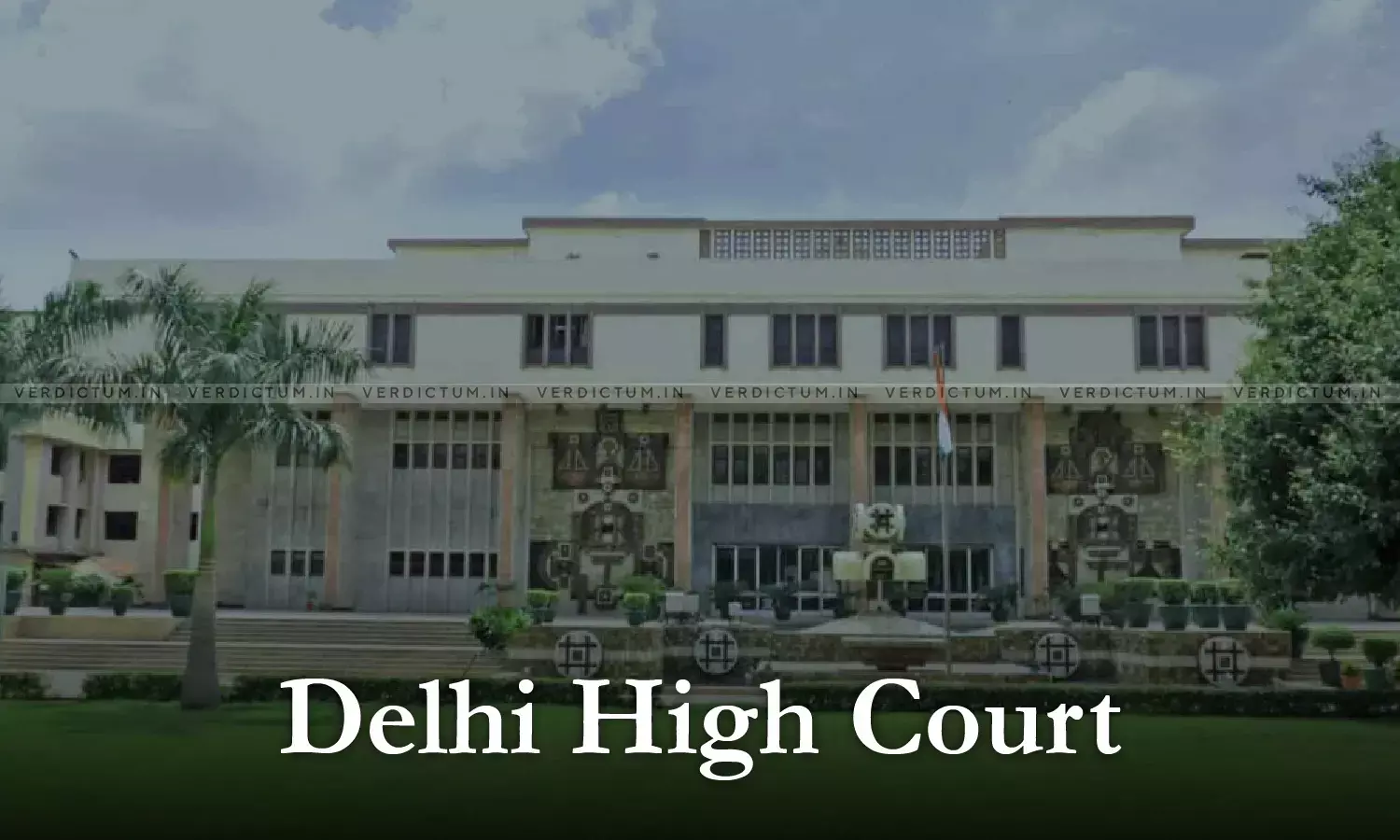Society Free Of Caste Based Discrimination Will Remain Distant Dream Unless SC-ST Act Is Enforced In True Sprit: Delhi HC
The Delhi High Court has observed in a Judgment that the vision of a society having no caste-based discrimination will only remain a distant dream unless the provisions of the Scheduled Castes and the Scheduled Tribes (Prevention of Atrocities) Act, 1989 [SC-ST Act] are enforced in their true letter and spirit.
Justice Chandra Dhari Singh, while refusing to quash an FIR under the Act based on a settlement between the complainant victim and the accused persons, stated that the founding fathers of the Constitution were conscious of the harsh realities of the society and in such cases, the court should be extremely circumspect in exercising its extraordinary jurisdiction to set aside the criminal proceedings.
The complainant had alleged that the accused passed caste-based derogatory remarks, abused and threatened him.
The court stated that SC/ST Act aimed to deter the acts of indignity, humiliation, and harassment against members of the Scheduled Caste and Schedule Tribes and improve their socio-economic conditions and it was for the welfare of the downtrodden and vulnerable that the ameliorative and remedial measures were brought in to ensure that their civil rights are protected and equality in principle is adopted in practice .
One of the objectives of the Preamble of Constitution is fraternity assuring the dignity of the individual and the unity and integrity of the nation'... In a country like ours with the vivid diversity and the plethora of fault lines, it is necessary to emphasise and re-emphasize that the unity and integrity of India can be preserved only by a spirit of brotherhood, the Court said in its order.
"The founding fathers of the Constitution were conscious of the harsh realities of the society and the discrimination that the members of the Scheduled Castes and the Scheduled Tribes have been subjected to. At the time of independence, the lofty ideals of liberty, equality, and fraternity were just utopian principles that were although guaranteed by law, but not present on the ground," it further stated.
Justice Singh added that in the present case, the humiliation of the complainant was unprovoked, uncalled for, and with the sole intention of humiliating him for a petty sum of money and the SC/ST Act cannot be diluted by quashing the FIR in question based on compromise.
In the instant case, what appears is that the humiliation of the victim/complainant was totally unprovoked, uncalled for, with the sole intention of humiliating the victim for a petty sum of money. The offence in the instant case was preceded by a criminal intent of humiliating the victim on the basis of his caste and has been committed solely and consciously on account of the caste of the victim, noted the court.
It further observed that the possibility of the complainant being coerced to enter into the compromise cannot be ruled out and there was no rationale as to why the continuation of the legal proceedings would be an abuse of the process of law.
It is important to reiterate that unless the provisions of the Act are enforced in their true letter and spirit, and the legislative intent underlying the Act is manifested, the vision of a society free of caste-based discrimination will only remain a distant dream, the court said.
Therefore, the offence in the instant case being not of a predominantly civil nature and being committed solely on the basis of the caste of the victim, the rigours of SC/ST Act being a Special statute, enacted with a specific noble legislative intent that must be given effect in its letter and spirit, cannot be diluted by quashing the FIR in question on the basis of compromise, it added.
Click here to read/download Judgment
With PTI inputs




